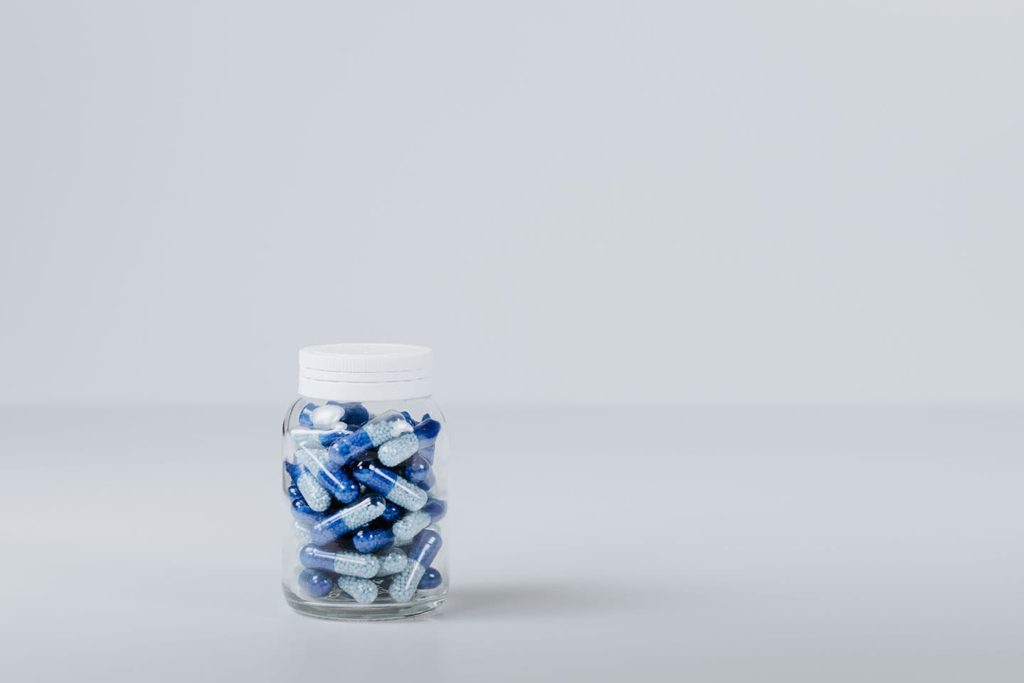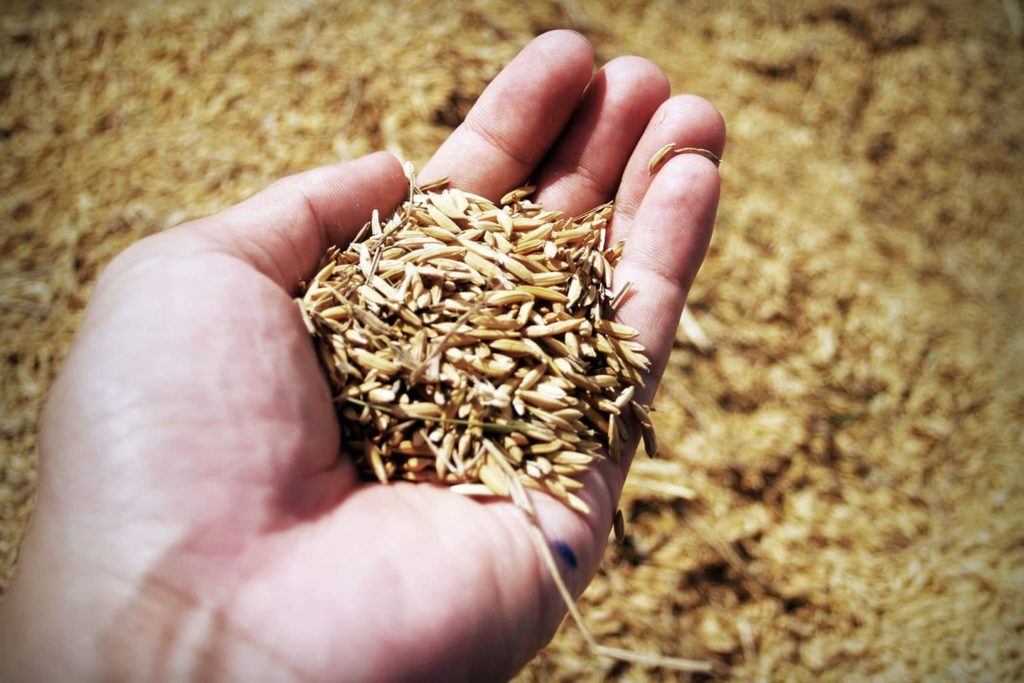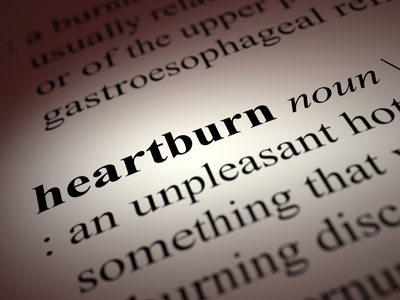The Impact of Medication on Gut Health
Science is well aware of the problems antibiotics and heartburn drugs can create for your gut health, all while leaving you vulnerable to even deadlier infections if you rely on them a lot.
Unfortunately, the list of non-antibiotic drugs that can affect your gut has grown sharply too (coming on the heels of a report that found metformin, a go-to drug for diabetes alters gut health).
Out of more than 1,000 drugs tested by researchers at the European Molecular Biology Laboratory, 24 percent affected the growth of at least one bacterial species in the human microbiome, according to a study appearing in Nature.
Overall, 250 out of 923 non-antibiotic drugs tested on 40 samples of selected species of human gut bacteria (including one species of Lactobacillus) altered their growth.
What’s more, 40 drugs affected at least 10 strains of gut bacteria, and 14 of them were previously unknown to have an antibacterial effect on gut bacteria. The most dramatic inhibitors of gut bacteria include these commonly prescribed medications:
- Calcium-channel blockers that treat an array of conditions, from Raynaud’s to high blood pressure.
- Antineoplastic drugs that treat cancer.
- Antipsychotic drugs that treat bipolar disorder and schizophrenia.
What concerns researchers the most?
“This shift in the composition of our gut bacteria contributes to drug side effects but might also be part of the drugs’ beneficial action,” says Peer Bork, according to a press release.
“This is scary, considering that we take many non-antibiotic drugs in our life, often for long periods,” says Nassos Typas. “Still, not all drugs will impact gut bacteria and not all resistance will be common. In some cases, resistance to specific non-antibiotics will trigger sensitivity to specific antibiotics, opening paths for designing optimal drug combinations.”
Since this study finds that individuals taking any prescription medications are inadvertently harming their gut health, they should consider taking EndoMune Advanced Probiotic to ensure their gut health isn’t being comprised by their prescribed medications.
The Impact of Medication on Gut Health Read More »



 It’s not a big stretch to say over-the-counter heartburn drugs — proton pump inhibitors (PPIs) like esomeprazole (Nexium), lansoprazole (Prevacid) and omeprazole (Prilosec) — are some of the over-prescribed, overused medications on the consumer market in America.
It’s not a big stretch to say over-the-counter heartburn drugs — proton pump inhibitors (PPIs) like esomeprazole (Nexium), lansoprazole (Prevacid) and omeprazole (Prilosec) — are some of the over-prescribed, overused medications on the consumer market in America.